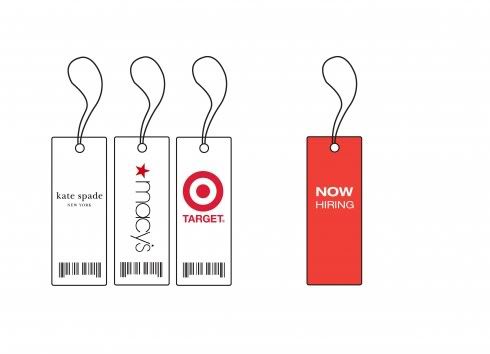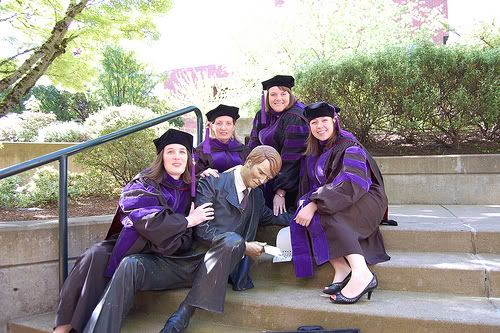The top 5 things not to say during a job interview
Job interviews are not a mystery or a horror as one might think. Despite the anxiety, formality, and inevitable nervousness a job interview can bring, it can actually be both an enjoyable and informative experience. In fact, with a killer CV in check, practice and preparation, you can easily ace any job interview you are confronted with.
A job interview is your chance to impress and put light on your professional achievements so make sure you are as prepared as you possibly can be to grab the opportunity with both hands and leave nothing to chance. The more you practice the art of interviewing, the more familiar you will become with the variety of questions and scenarios that you may be faced with.
Most job seekers know the ABC of a good job interview; dress the part, sit up straight, be confident, ask questions about the job...etc. But have they thought of what not to say? Although there are many things you should never say or ask during a job interview, most of us have said something that we’ve regretted as soon as we clamp our lips shut. You can say all the right things that can be said but with one mistake, one wrong move, you can kiss the interview goodbye. Akhtaboot presents you with 5 things you definitely should never say during an interview.
How much does the job pay?Everyone wants as much money as they can get. Yet when it comes to job interviewing, asking the salary question can make it seem as if you are only interested in the money and not in the job itself. As a rule, wages and salaries are not to be discussed during the first interview unless the interviewer decides to open up the subject. An excellent way to handle salary negotiations during interviews is to research the range of pay in both your industry and country. Identify the qualifications required by the position you are applying for and state what you expect to get within a realistic range of the pay scale depending on how your qualifications match the company’s needs. You can also ask if they can give you a range of their pay scale for such a position and you can decide accordingly.
If you don’t mind me asking, what exactly is it you all do here?Want to sound really unprofessional during an interview? Then this is the question to ask! Although we all understand the consequences of going to an interview unprepared, it is amazing how many job candidates still ask this question. Doing some research on the company is the least you can do to impress the interviewer. You can find some helpful information on the internet, in newspapers and the company’s annual report. Another smart thing to do during interviews is to ask questions that show you’re well prepared and excited to work at the company, not those which you should already know the answers to, or that can be easily found on the company's website.
What can your company do for me?Interviews are all about your ability to sell yourself and what you can do for the company, not the other way around. Employers want employees who are interested in the job and the company, not just employees who are only in it for the cash.Prepare to talk about your skills and how you were an asset to your previous employer. Keep in mind that you’re the one being interviewed. While you should use this opportunity to decide whether the company is a good fit for your career, you shouldn't make it sound as if you'll be doing them a huge favor if they hire you. Keep your questions on company benefits to the second or even third interview, or wait for the interviewer to open the subject himself.
I don’t have any questions!Employers can get a clear idea about you based on the questions you ask. Having no questions prepared sends the message that you are ill-prepared and not fully interested in the position. Come up with smart questions to ask the interviewer. There's no set number; it actually depends on what you need to know. However, it's highly unlikely that you would enter an interview without having at least three questions on your mind and prepared to articulate. You can ask to clarify anything that was discussed during the interview or you can ask about plans for new products or services. Show interest in the company and in the position!
I don't have any weaknesses!
The weaknesses topic is definitely one of the most feared questions to be asked during an interview. In most interviews, interviewers will ask you about your strengths and weaknesses to get a sense of the real you. They understand the fact that you are not going to totally reveal your flaws, but they do want to get a sense that they are talking to a genuine person. The key to answering the weaknesses question is to provide a weakness, and explain how you are planning on overcoming it. The smartest way to handle this topic is to be authentic!
Since no two interviews are the same, it is often not easy to be totally prepared for what to expect. However, even without knowing what questions you will be asked, you can focus on your presentation skills to make sure they are consistently sharpened before you go on a job interview. By practicing and developing your communication skills, you can gain an advantage on your competition and help avoid these common interview mistakes.






















